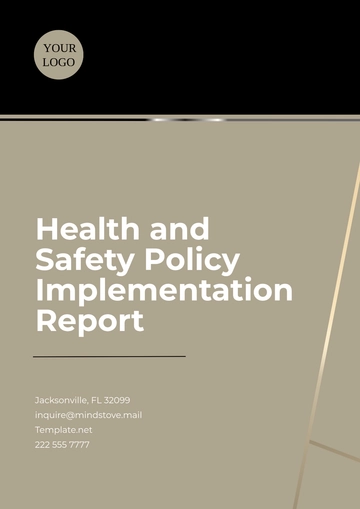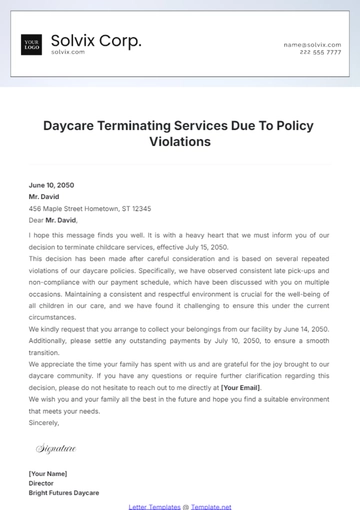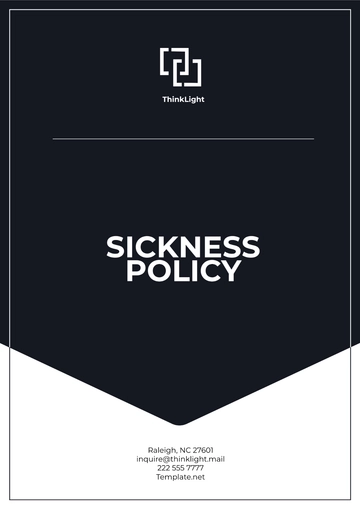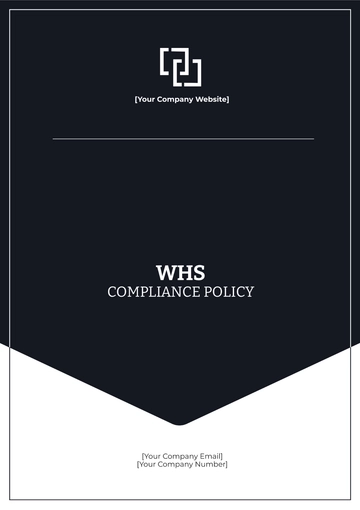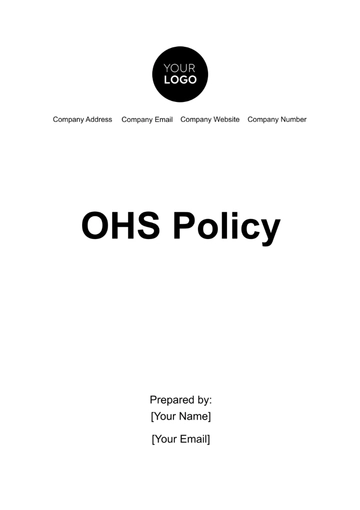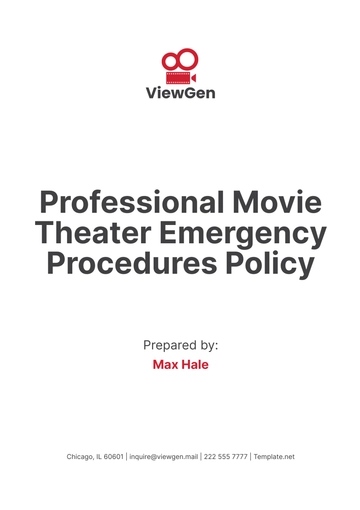Free Policy Brief
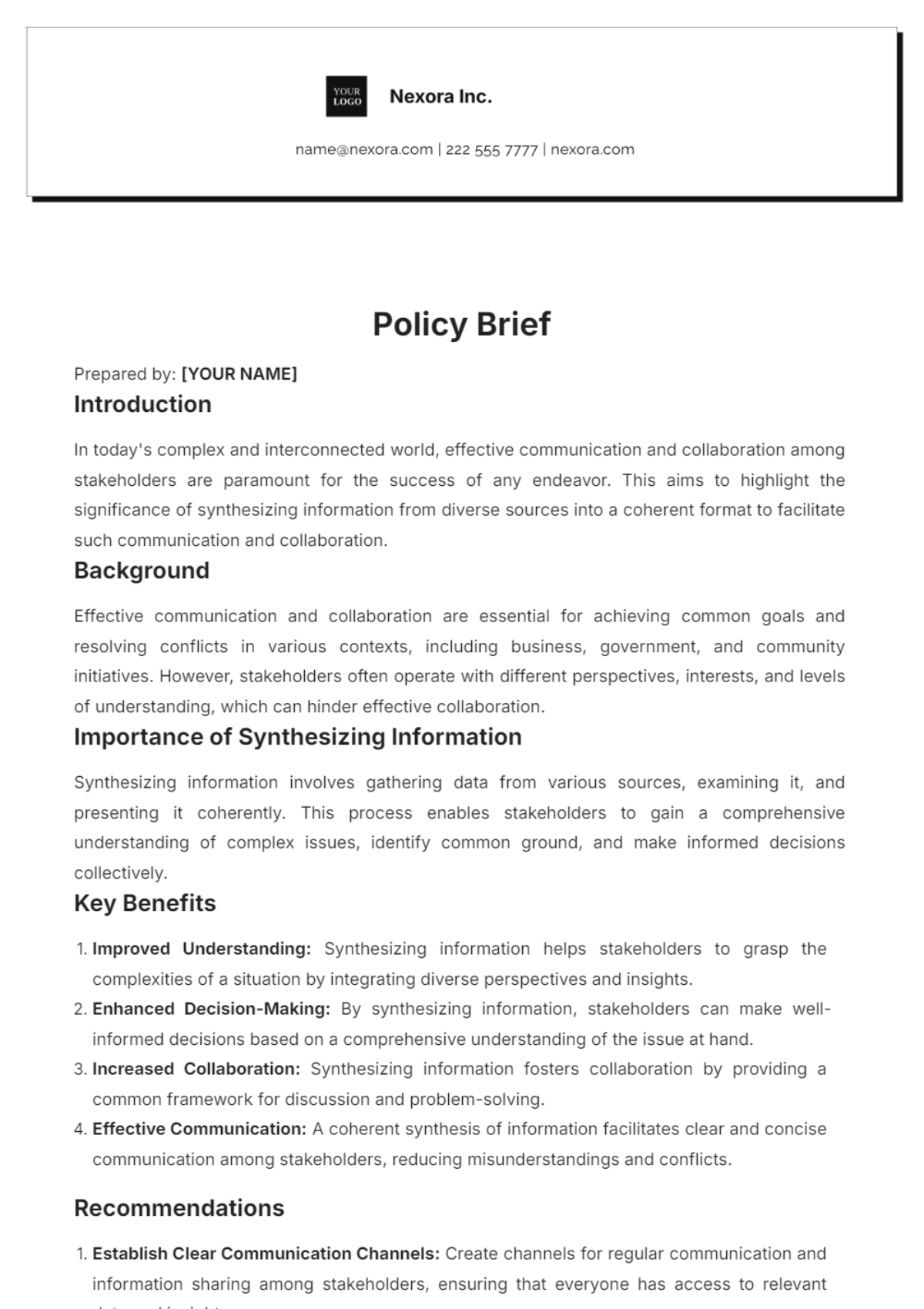
Prepared by: [YOUR NAME]
Introduction
In today's complex and interconnected world, effective communication and collaboration among stakeholders are paramount for the success of any endeavor. This aims to highlight the significance of synthesizing information from diverse sources into a coherent format to facilitate such communication and collaboration.
Background
Effective communication and collaboration are essential for achieving common goals and resolving conflicts in various contexts, including business, government, and community initiatives. However, stakeholders often operate with different perspectives, interests, and levels of understanding, which can hinder effective collaboration.
Importance of Synthesizing Information
Synthesizing information involves gathering data from various sources, examining it, and presenting it coherently. This process enables stakeholders to gain a comprehensive understanding of complex issues, identify common ground, and make informed decisions collectively.
Key Benefits
Improved Understanding: Synthesizing information helps stakeholders to grasp the complexities of a situation by integrating diverse perspectives and insights.
Enhanced Decision-Making: By synthesizing information, stakeholders can make well-informed decisions based on a comprehensive understanding of the issue at hand.
Increased Collaboration: Synthesizing information fosters collaboration by providing a common framework for discussion and problem-solving.
Effective Communication: A coherent synthesis of information facilitates clear and concise communication among stakeholders, reducing misunderstandings and conflicts.
Recommendations
Establish Clear Communication Channels: Create channels for regular communication and information sharing among stakeholders, ensuring that everyone has access to relevant data and insights.
Foster a Culture of Collaboration: Encourage a collaborative mindset among stakeholders, emphasizing the importance of working together towards common goals.
Invest in Synthesis Tools and Training: Provide stakeholders with the necessary tools and training to effectively synthesize information, including data analysis software, communication skills workshops, and collaborative problem-solving techniques.
Foster Trust and Transparency: Build trust among stakeholders by promoting transparency and accountability in decision-making processes, ensuring that everyone feels heard and valued.
Conclusion
In conclusion, synthesizing information from diverse sources into a coherent format is essential for facilitating communication and collaboration among stakeholders. By embracing this approach, stakeholders can overcome barriers, build trust, and work together more effectively towards shared objectives.
For further information or assistance, please contact [YOUR EMAIL].
Sincerely,

[YOUR NAME]
[YOUR POSITION]
- 100% Customizable, free editor
- Access 1 Million+ Templates, photo’s & graphics
- Download or share as a template
- Click and replace photos, graphics, text, backgrounds
- Resize, crop, AI write & more
- Access advanced editor
Introducing the Policy Brief Template from Template.net! Crafted for efficiency, this editable and customizable template streamlines your policymaking process. Tailor content effortlessly with our Ai Editor Tool, ensuring precision and professionalism. Simplify your workflow, present your insights with clarity, and leave a lasting impression. Elevate your policy documents effortlessly with Template.net's Policy Brief Template.
You may also like
- HR Policy
- Restaurant Policy
- Company Policy
- Accounting Policies and Procedures
- Website Policy
- Privacy Policy
- Safety Policy
- School Policy
- IT and Software Policy
- Law Firm Policy
- Construction Policy
- Interior Design Policy
- Travel Agency Policy
- Education Academic Policy
- Security Policy
- Real Estate Policy
- Expense Policy
- Software Policy



